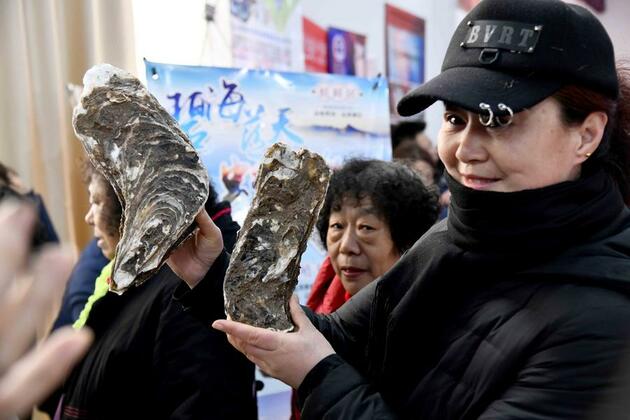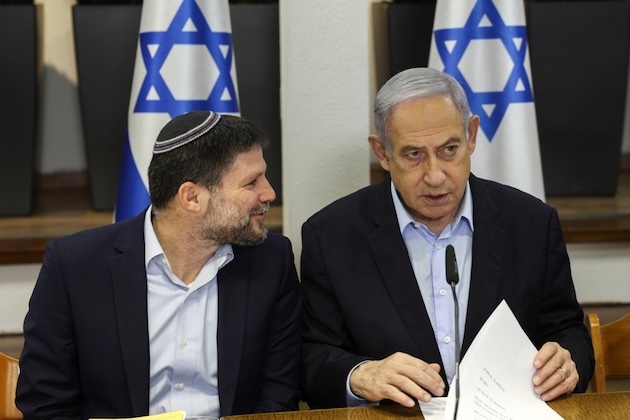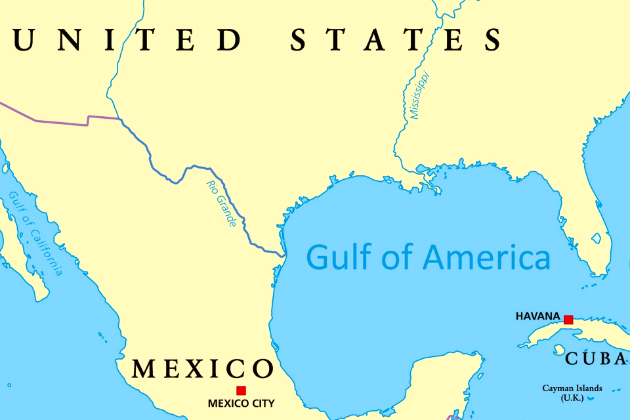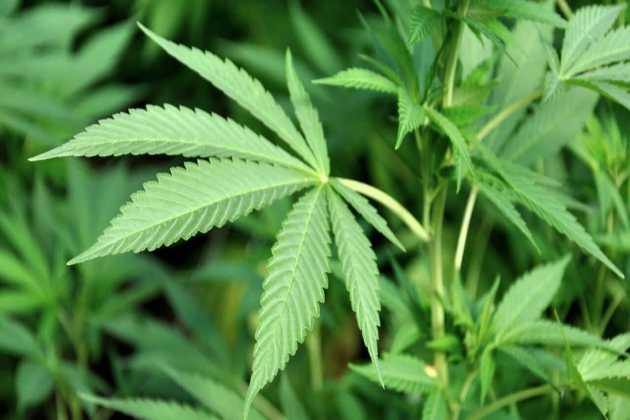Iran and Ethiopia have a security deal - here's why they signed it
The Conversation
13 May 2025, 10:10 GMT+10
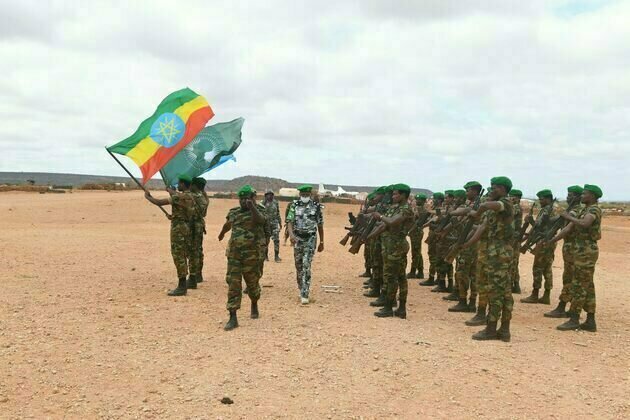
Ethiopia and Iran signed a memorandum of understanding (MOU) on 6 May 2025. Under it, their national police agencies will cooperate on security and intelligence. This will include combating cross-border crime, sharing intelligence and building capacity. They will also share experiences and training.
For Iran, the MOU marks a significant step towards strengthening relations with a regional power that's strategically located in the Horn of Africa.
Tehran has been using its security apparatus and military capabilities to establish and expand political and economic ties with countries in Africa. This has included drone transfers to the Ethiopian government that helped it turned the tide of the Tigray war, a separatist struggle in the country's north that took place from 2020 to 2022.
Iran has also supplied the Sudanese army with surveillance and combat drones. These have been used against the paramilitary Rapid Support Forces in Sudan's ongoing civil war.
The agreement is important for Ethiopia for two reasons.
Firstly, it's likely to enable the Ethiopian government in Addis Ababa to combat ethnic militias more effectively. It faces increasing internal instability, including tensions with hostile factions of the separatist Tigray People's Liberation Front.
Secondly, the agreement comes after a meeting in Addis Ababa between the Ethiopian police chief, Demelash Gebremichael, and a delegation from Iran's regional rival, the United Arab Emirates (UAE). The exchange concentrated on investigating and extraditing cross-border criminals.
Addis Ababa's willingness to work with regional rivals in the Middle East shows its pragmatic approach to foreign relations. Ethiopia needs all the friends it can muster as an embattled and weakened state. Since the Tigray war, it has battled the rise of ethnic militias and confronted economic adversity. It is also facing renewed hostility with neighbouring Eritrea.
Since 2016, Ethiopia has been a gateway for Iran to gain a foothold in the Horn of Africa. That year, other countries in the region severed relations with Iran. This followed Tehran's disengagement from sub-Saharan Africa under Hassan Rouhani, who served as president from 2005 to 2013, and his prioritisation of a nuclear deal with the US.
The severing of ties was also a byproduct of geopolitical pressure exerted by Saudi Arabia and the UAE on countries in the region. The Middle Eastern states wanted to reduce, if not eliminate, Iran's presence in the Horn of Africa and Red Sea to limit its support for Houthi rebels in the ongoing Yemeni civil war.
Read more: Iran's intervention in Sudan's civil war advances its geopolitical goals - but not without risks
Ethiopia was the first country in sub-Saharan Africa to establish relations with Iran during the 1960s. It was also one of its top trading partners on the continent before and after the 1979 Iranian Revolution.
Strategically and ideologically, this special relationship was based on the pro-western and anti-communist stances of their monarchs: the Shah of Iran Mohammad Reza Pahlavi, who ruled from 1941 to 1979, and Emperor Haile Selassie, who was in power from 1930 to 1974.
After the revolution, Iran-Ethiopia relations revived under Mahmoud Ahmadinejad, who served as Iranian president from 2005 to 2013. He pursued an active Africa policy to mitigate Iran's international isolation and circumvent US sanctions.
After Rouhani initially downgraded these relations, they were renewed during his second term. This followed US withdrawal from the nuclear deal.
Relations firmed when Ebrahim Raisi, who served as Iranian president from 2021 to 2024, delivered military drones and other aid to Addis Ababa during the Tigray war.
Ethiopia is facing increasing instability and uncertainty. The Tigray war has depleted the state's resources. There is an economic crisis caused by rising inflation and unemployment.
Addis Ababa continues to confront ethnic tensions. Hostile factions of the Tigray People's Liberation Front remain. It also faces tensions with the Amhara Fano militia, which initially fought alongside the government against Tigrayan forces. Forced disarmament policies and ongoing land disputes caused the militia to take up arms against the government.
Read more: Somaliland-Ethiopia port deal: international opposition flags complex Red Sea politics
Ethiopian prime minister Abiy Ahmed also faces growing opposition and resistance from his own ethnic group, the majority Oromo, and their Oromo Liberation Army. The reason for their discontent is Abiy's imposition of centralised rule on their regional state within a federal system.
The security and intelligence cooperation with Iran could allow Addis Ababa to combat ethnic militias more effectively.
It would also enable Ethiopia to prepare for another possible war against neighbouring Eritrea.
Ethiopia and Eritrea normalised relations and fought together against Tigrayan forces. However, tensions between the two countries have been brewing again. These have been triggered by two factors. First, the conditions of the 2022 Pretoria peace agreement caused Eritrea to maintain forces inside Ethiopia. Second are the ambitions of Addis Ababa to acquire a Red Sea port in Somaliland, a breakaway region of Somalia. Eritrea has supported Somalia's opposition to the deal.
This isn't the first time that Ethiopia has tried working with two regional rivals - Iran and the UAE. The UAE is also among its top trading partners, along with Saudi Arabia.
In 2016, Ethiopia was the only country in the Horn of Africa that didn't cut ties with Iran, though it was under pressure from the UAE and Saudi Arabia to do so. The decision was taken by Abiy's predecessor, Hailemariam Desalegn, whose term ran from 2012 to 2018.
During the Tigray war, Ethiopia received military drones and other assistance from Iran and the UAE, alongside Turkey.
The civil war in Sudan has presented an even more complicated story. Ethiopia has vacillated between engaging with the Rapid Support Forces and the Sudanese Armed Forces at different points in the conflict.
For its part, Iran has supported the Sudanese army. The UAE has backed the paramilitary Rapid Support Forces.
Ethiopia's efforts to strengthen its security ties with Iran and the UAE show a unique case of convergence between regional rivals that have otherwise remained on opposite sides of conflicts in countries like Yemen and Sudan.
 Share
Share
 Tweet
Tweet
 Share
Share
 Flip
Flip
 Email
Email
Watch latest videos
Subscribe and Follow
Get a daily dose of Madagascar Sun news through our daily email, its complimentary and keeps you fully up to date with world and business news as well.
News RELEASES
Publish news of your business, community or sports group, personnel appointments, major event and more by submitting a news release to Madagascar Sun.
More InformationAfrica
SectionGlobal peace must be a deliberate effort - South African defense minister
Angie Motshekga has emphasized the need for global unity, mutual respect, and historical truth ...
Former Gabonese presidents family released from prison media
The wife of ousted Ali Bongo had been in detention since the 2023 military coup Gabon's government has transferred former First Lady...
Oyster fossils offer new insights into history of global warming
Judges check oysters after being shucked during John Bil Oyster Shucking Competition at the 2022 Restaurants Canada Show in Toronto,...
Xinhua Photo Daily | May 13, 2025
BEIJING, May 13 (Xinhua) -- A selection of the best press photos from Xinhua.Models present creations during the 2025 Puyuan Fashion...
Feature: Chinese doctors bring tech, training and trust to Guinea's hospital
Chinese doctor Liu Peng (C) talks with local doctors at Sino-Guinean Friendship Hospital in Conakry, Guinea, April 29, 2025. (Xinhua/Han...
Iran and Ethiopia have a security deal - here's why they signed it
Ethiopia and Iran signed a memorandum of understanding (MOU) on 6 May 2025. Under it, their national police agencies will cooperate...
International
SectionBristol Myers, Sanofi to pay $700 million in Hawaii Plavix lawsuit
HONOLULU, Hawaii: Pharmaceutical giants Bristol Myers Squibb and Sanofi have agreed to pay $700 million to Hawaii to settle a lawsuit...
FDA to roll out AI across all centers by June 30
WASHINGTON, D.C.: The U.S. Food and Drug Administration (FDA) said this week it will start using artificial intelligence (AI) in all...
Appeals court reinstates Oceanografia fraud case against Citigroup
NEW YORK CITY, New York: Citigroup must defend itself against a revived lawsuit accusing the bank of facilitating and concealing a...
Food authority forecasts 500,000 in Gaza will die of starvation
Gaza Faces Imminent Famine as Aid Blockade Enters 70th Day, UN Warns The entire population of Gaza is now at critical risk of famine,...
House passes bill to rename Gulf of Mexico as ‘Gulf of America’
WASHINGTON, D.C.: The Republican-led U.S. House of Representatives has passed a bill to rename the Gulf of Mexico as the Gulf of America,...
Bill to legalize Recreational marijuana passed in Pennsylvania house
HARRISBURG, Pennsylvania: People in Pennsylvania who are 21 or older could soon be allowed to legally buy and use marijuana. The state...



